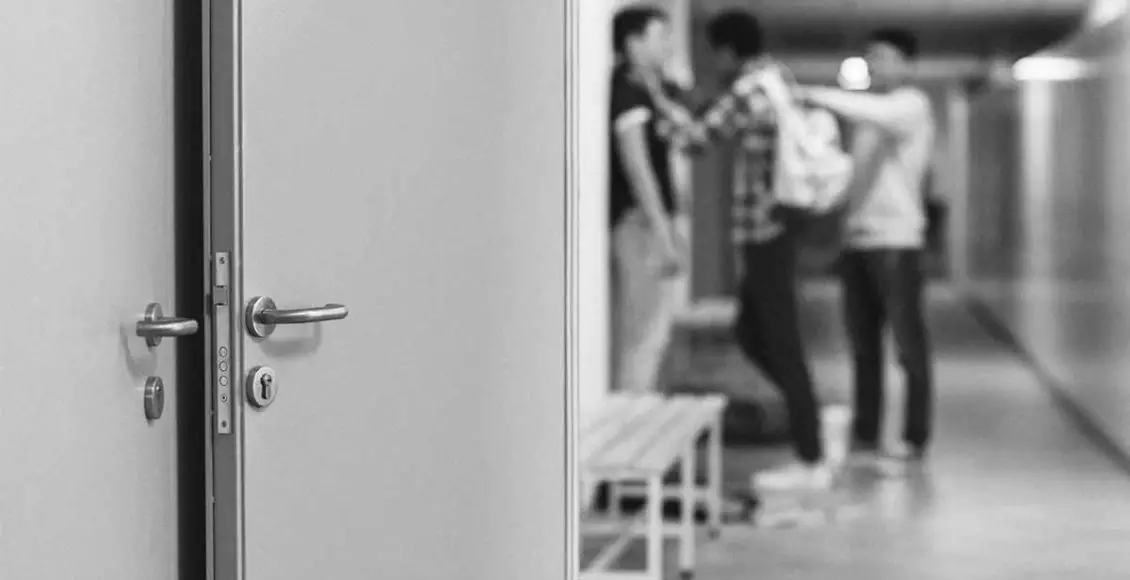Bystanders can make bullying worse if they refuse to speak up.
Even though bystanders are not the primary targets of bullying, they can still be deeply affected by it. That is, those who witness bullying can suffer from intense guilt, severe anxiety, and even depression. Many worry that they will be unable to help, others fear that they will end up hurt, and some just do not know how to intervene. In reality, bystanders have numerous different options when it comes to speaking up and helping those who are bullied.
If not you, then who?
Whether you choose to do so openly or discreetly, it is your duty to step up and put a stop to the abuse. It has been found that if there are multiple bystanders, it becomes increasingly difficult for people to speak up. The reason behind this is that everyone is hoping and expecting that someone else will intervene. Unfortunately, because most bystanders feel this way, nobody ever speaks up.
What are your options and how can you stop bullying when you witness it?
1. Speak up
The most effective thing to do is to stand up, call out the bullying, and make it stop. If there is a crowd, encourage those who have gathered around to stop laughing and leave. Of course, this is easier said than done and many may be reluctant to do so out of fear that they may be hurt. It is vital to note that this step should be taken only if one is sure that they will not be physically hurt.
2. Side with the person being bullied
Another thing you can do is approach the one who is being bullied and take their side. In addition to this, you can help provide them with an escape by offering that they leave with you.
3. Convince others to speak up with you
If you know that what you are witnessing is wrong and you feel that you should do something, do not let fear stop you. Instead, encourage other bystanders to side with you. There is strength in numbers and the more people speak up, the more likely it is that the abuse will stop.
4. Avoid joining in
The least that a bystander can do is avoid laughing or joining in. A bully’s primary drive is the attention and praise which they receive. If they begin to notice that those around them are not laughing and joining in, they may become discouraged. What is more, laughing and joining in turns the bystander into a bully.
5. Tell somebody else
The safest option for children at school is to discreetly walk away and call a teacher or supervisor to handle the situation. If you are an adult who is witnessing physical harm, call 911 immediately.
It is important to remember that you have all it takes to put an end to the abuse and bullying. Standing up for what is right will only encourage more people to do so too.



